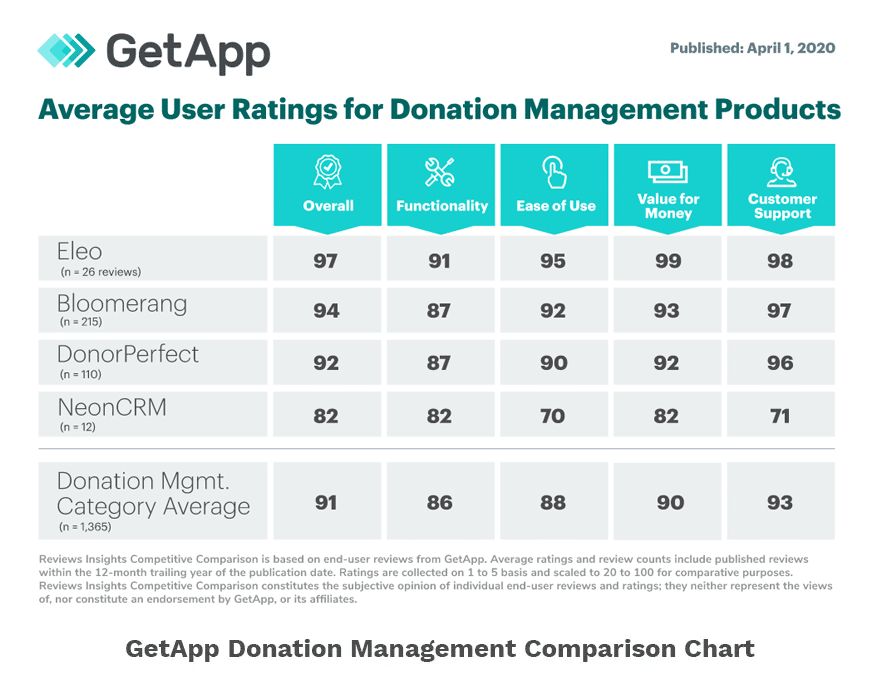
A fundraising professional shared with the Eleo team her story about being nominated to serve on the board of a local nonprofit. She was told by a staff member of the nonprofit that someone from the nominating committee would be reaching out to her shortly. When she didn’t hear from anyone, she assumed the nonprofit went in a different direction.
More than a week later, someone commented to her, “I saw an email with you listed as member of the board!”
There was no application process. There was no formal discussion about responsibilities or financial obligations. There wasn’t even a phone call to confirm that she was willing and able to serve! And this was an established nonprofit that has been around for decades.
Your board is the governing body of your nonprofit. Achieving your mission through successful fundraising, efficient operations, and sound management depends on an effective board. And an effective small nonprofit board depends on effective board recruitment!
Every nonprofit should have a board nominating committee. You might decide to accept board applications at a certain time each year, but a small nonprofit should approach board recruitment like a small business looking for top talent. Make it a year-long process. Look for valuable contributors throughout the year and follow a structured process for recruiting the right people to your board.
Here are five steps small nonprofits can follow to get the most from their board recruitment efforts.
1) Assess Your Current Nonprofit Board
Ideally, your board should have cultural and generational diversity. There should be diversity in skillsets such as accounting, marketing, fundraising, and event planning. The board should have members who are active in the local business community.
What’s missing from your current board? Is the board too big or too small? Do board positions as outlined in your by-laws need to be updated? What will you need from new board members to support your nonprofit’s goals? Once you’ve answered these questions, you can recruit the right people to fill specific needs.
2) Identify Nonprofit Board Candidates
For small nonprofits, board recruitment begins by looking inside the box. What people who already have a connection to your organization would be the ideal fit? Do you have consistent donors, dedicated volunteers, or past committee chairs who could seamlessly transition to a board position?
Your donor management system is a goldmine of information that can be used to identify future board members. Also, ask current board members to recommend external candidates who they know from other affiliations.
3) Evaluate Nonprofit Board Candidates
Some candidates will fill obvious needs. Ideally, most will be very active and eager to take on responsibility. The board recruitment process should involve identifying the value that each candidate would bring to the board.
For example, you might have a candidate who would bring name recognition, influence, and desirable affiliations to your nonprofit. However, they should be willing to use that name recognition and influence and tap into their network on behalf of your nonprofit.
Every board will have a few workhorses, but everyone should contribute. Be careful to avoid recruiting board members who just show up to meetings once a month!
4) Review Roles and Responsibilities
Make sure you have clearly defined roles and responsibilities to present to candidates. To avoid confusion, consider including roles and responsibilities on your board application. Yes, people should apply to be on your board. Instead of feeling like you need to take anybody who’s interested, recognize each board seat for the prestigious position it is!
By having clear expectations of what it means to be a board member, you can learn more about each candidate and build a more productive, active board.
5) Make the Decision
Your nominating committee should decide who gets nominated to the board for a final vote. Even if you have a small nonprofit, a small nominating committee of three or four people, and a small number of candidates, it’s important to follow a formal board recruitment process. In fact, following a formal process is even more important for a small nonprofit because making the right decision with each board member can have a direct impact on your success.
Remember, every seat on your board is valuable, and the board as a whole is critical to supporting your mission. You’ll have more confidence in your board nominees when you have confidence in your board recruitment process!





